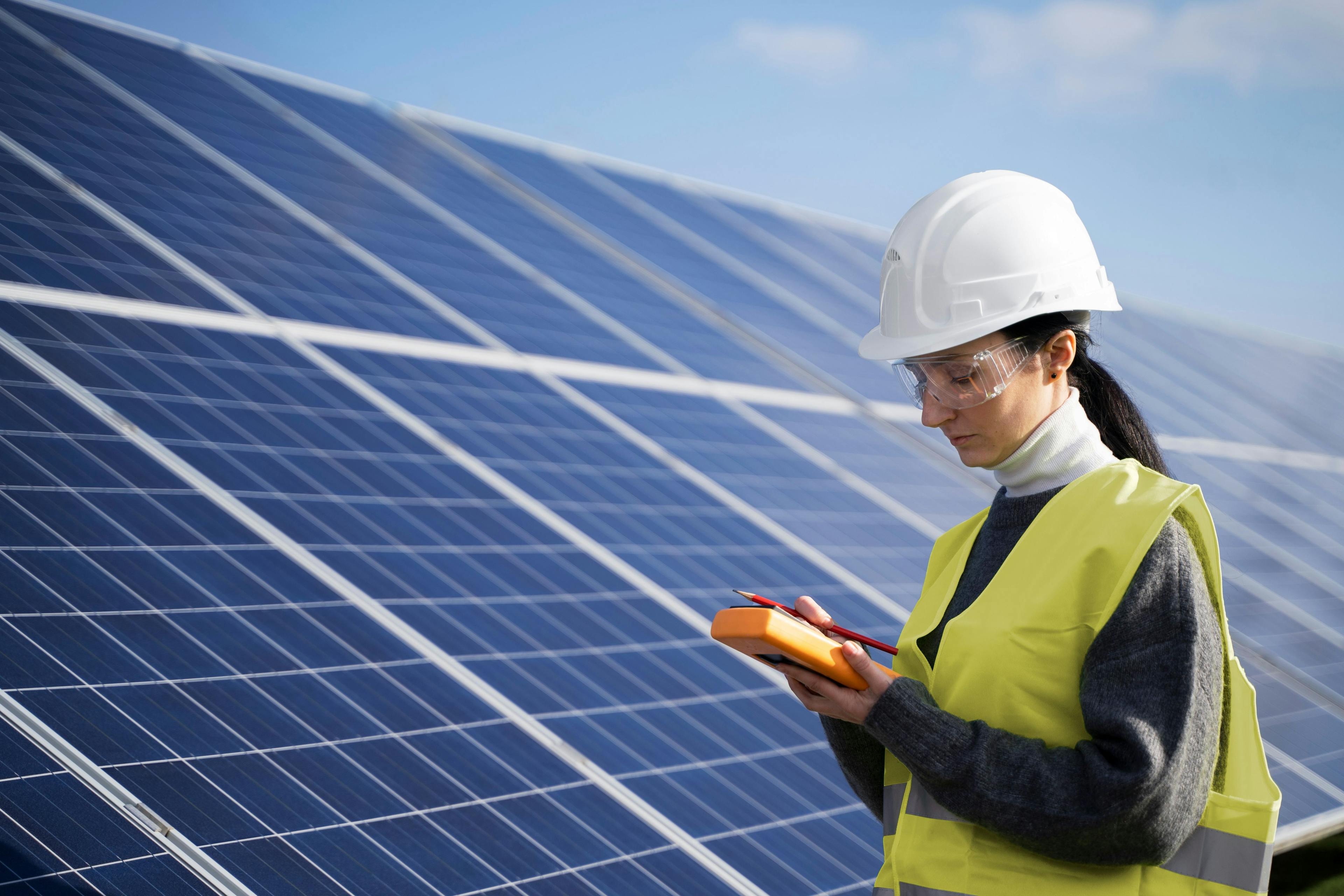How Do I Test If Solar Panel is Working?

Introduction
Sun shining, bank account weeping? Maybe your solar panel needs a wake-up call!
In an era where clean energy is paramount, solar panels play a pivotal role in generating power sustainably. However, like any technology, they may experience decreased efficiency over time. Regular self-checks are essential to ensure your solar panel is performing optimally and maximizing your investment in clean energy.
Option 1: Visual Inspection
A clean and unobstructed panel surface is crucial for optimal sunlight absorption. Visually inspect your solar panel for cracks, discoloration, or debris. Check for any signs of physical damage and remove bird droppings, leaves, or debris that might block sunlight. A well-maintained surface enhances the efficiency of the solar panel.
Option 2: Voltage Measurement
Photovoltaic Multimeters (PVMs) are specialized tools designed for testing solar panels. They offer increased accuracy, built-in temperature compensation, and improved safety features. Learn how to use a PVM to measure voltage, comparing it to using a regular multimeter. Visit Climate Tech Review for an in-depth exploration of PVMs.
Option 3: Current Measurement
Utilize a clamp meter for measuring current without disconnecting the panel. Clamp the meter around the positive cable leading from the panel and compare the measured current to the panel's short-circuit current (Isc) listed on the back. A significantly lower current might indicate a faulty cell or connection.
Option 4: Load Testing
Conduct a simple load test using a low-wattage appliance like a small light bulb. Connect the appliance directly to the panel's output terminals with appropriate safety precautions. Observe the brightness of the appliance under direct sunlight; a dim or flickering light might indicate insufficient power generation. Note that, flickering may also due to insufficient generation on a cloudy day, make sure to get the best results on direct sunlight.
Option 5: Professional Help
While DIY testing is a good first step, complex issues may require professional help. Seek assistance from a qualified solar technician in situations such as significant voltage or current discrepancies or suspected internal damage. Professional maintenance and troubleshooting can ensure optimal panel performance.
Conclusion
Recap the key points about self-testing methods for solar panels. Encourage regular checks and proactive maintenance to extend the lifespan and efficiency of your solar system. Keep your suncatcher shining bright and ensure your clean energy journey stays on track!
Learn more about solar panel maintenance & testing with AQ Energy. Your journey to a sustainable and efficient energy future starts here.
Frequently Asked Questions (FAQs)
A. Do solar panels lose efficiency when dirty?
Yes, dirty solar panels can lose up to 5% of their efficiency. Fortunately, Malaysia has the benefit of tropical climate, making it friendly towards panels.
B. How often do solar panels need to be cleaned?
The frequency depends on factors like location, weather, and panel tilt. Generally, low maintenance due to protective coating on panels, making the rain to clean it as we are in a tropical climate.
C. What is the average life of solar panels?
High-quality solar panels typically have a lifespan of 25-30 years, with some manufacturers offering warranties for up to 15 years.
